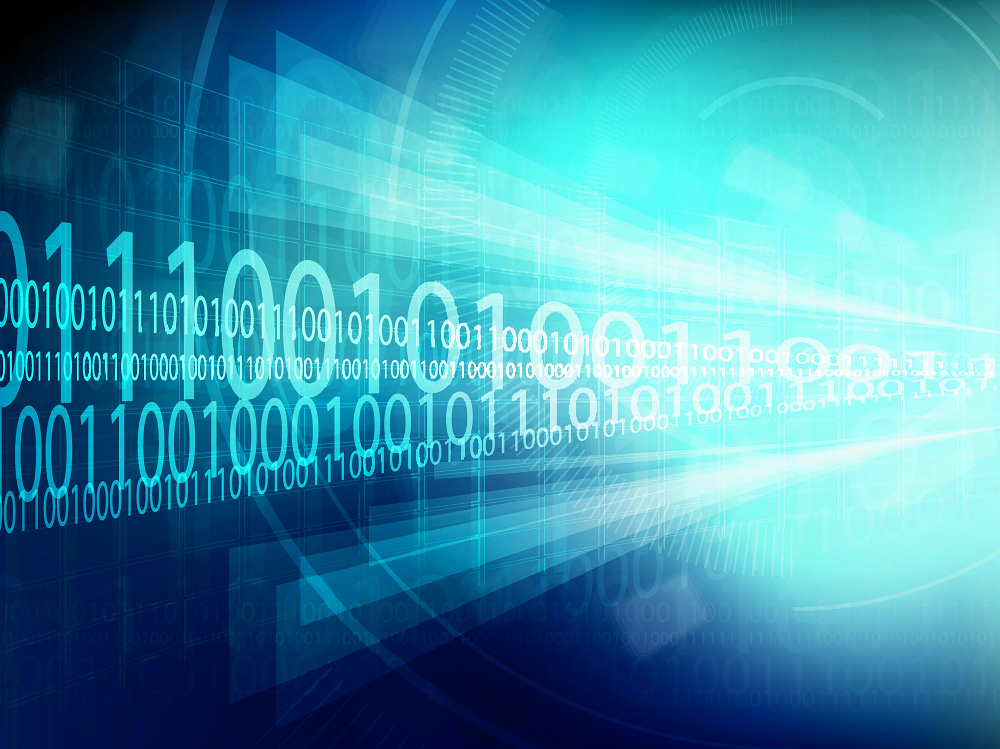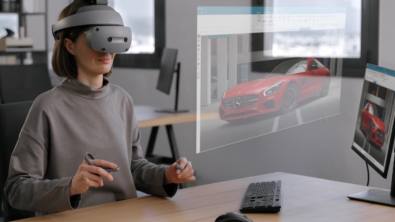The future of AI and human intelligence

The future of AI is unfolding and it worries me.
I’m a software engineer and a large portion of my work day revolves around completing mundane tasks like writing emails, attending meetings, filling out or approving timecards and taking or giving status updates.
A small portion of my actual workday involves the work that stimulates and fulfills me – the kind that uses real knowledge. When I look at my peers, their story isn’t much different than mine, except they probably spend even more work time on those mundane tasks.
The way we work has undergone a massive shift due to the internet and cloud technology.
My team has the luxury of no longer having to work from a single location; meetings can take place over Skype, while we’re home and in our pajamas. Home and office boundaries are merging. Meanwhile, companies are exploring every tool to optimize and improve productivity and creativity.
This is where the future of AI, or artificial intelligence, comes into play. AI is the magically divisive technological pursuit that has split the world, with some fearing a robot uprising and others embracing its overwhelmingly positive conveniences.
We already see some benefits of artificial intelligence. AI is shifting the way we interact with cars, whether it’s helping us master the art of parallel parking by the vehicle doing it on its own, or whether it’s the major technology behind autonomous vehicle testing.
AI also uses predictive algorithms to help us control our comfort at home, and it has changed the way we write emails, shop on Amazon and watch Netflix.
In my job, Microsoft’s Cognitive Services can predict what code will come next based on thousands of projects that it continues to learn from. Google CEO Sundar Pichai is even predicting how its software will be self-written using learned systems in future.
Like a scientist, engineer or doctor, I’m a knowledge worker using what I know to “think” for a living. And like so many other knowledge workers, the benefits of artificial intelligence are putting my job in grave danger.
Welcome to the Fourth Industrial Revolution.
The artificial intelligence future will challenge every status quo. It has already revolutionized almost every aspect of our lives from the way we buy, how we fly, what we eat, the way we sleep and what we choose to binge watch next.
And it’s only beginning.

The great AI debate
If artificial intelligence was called “convenience” intelligence, the technological world wouldn’t be so divided. Many people remain uncertain about the future of AI: some brush it off, some believe it’s too early to say and some fear AI will replace us in the workforce. Founded or unfounded, those fears must be considered as this revolution continues engulfing us.
There are some who see the worst case scenario coming to fruition where AI replaces human consciousness: it’s Terminator 2 meets Transformers where machines learn, evolve and are self-aware, and thus, we’re all doomed as a species.
What’s the best case scenario? The future of AI will only cap off at “limited” smartness and replace the major part of our day filled with honey-do lists, chores and cleaning the ever-rising pile of dirty dishes in the sink.
Innovators are optimists marching off collectively and stretching the boundaries of machine intelligence. They are the AI community sharing their discoveries with others and building its functionality to stretch it forward. These innovators recognize the benefit of artificial intelligence and are the strongest proponents of the technology.
The Business of Machines
“AI is one of the most important things humanity is working on. It is more profound than, I dunno, electricity or fire…”– Sundar Pichai, CEO, Google
The future of AI will likely fall somewhere in the happier side of the predictions as it continues to evolve and replace mundane work, and as it continues to further dip into knowledge work reaching Pichai’s prediction of self-writing software.
If this happens, will the major and minor parts of my day be replaced? Not completely, but a large chunk of my work day will be transferred to something akin to Jarvis.
Human work being replaced by a machine is nothing new. From factory workers to surgical teams, machines are proven to make fewer errors and be less invasive. Businesses, as much as they want people, care more about numbers.
If the same work can be done by leaner teams or error-free machines, why wouldn’t they opt for it? This is why I’m worried.

The Artificial Intelligence Future
“The question of whether a computer can think is no more interesting than the question of whether a submarine can swim.” ― Edsger W. Dijkstra, an early pioneer in computing science
Change is tough. It’s fearful and uncertain. But change is coming, so we must focus on our options.
The only option we have is to bring something to the table that a computer cannot: a computer cannot be human.
Instead of competing with manmade intelligence and worrying about job security, we can focus our time and energy into enhancing our emotional and human intelligence. We can focus on leveraging the benefits of artificial intelligence to complement us toward our individual and collective pursuits.
A computer can remember things, and it can do the math extremely fast and accurate. It can predict trends, outcomes and potential threats based on patterns and Big Data. However, it cannot invent and innovate like a human can.
A computer can help solve a problem that it knows about or can infer based on data. It cannot think critically like a human.
A computer cannot lead, inspire and motivate; only humans can.
A computer cannot look me in the eye and believe in me; only my mentors can.
A computer cannot connect deeply with its peers; I can.
A computer can retrieve your lunch, but only a human can nourish.
A computer can bring you the social network, but it cannot make you social.
How to leverage this opportunity?
There’s an unprecedented opportunity for us as we sit upon the precipice of a major culture shift. We must raise our collective human consciousness and connect with everyone around us.
Instead of worrying about the future of AI and job security, I want to focus on what the world needs and how we can help solve real, plaguing problems. We should want to leverage this evolving intelligence to complement how we’re working to solve such problems as global warming, energy generation, healthcare and increased access to education.
Rather than using AI for marketing purposes or to build cheaper, faster products, we can use AI to augment our abilities. AI can help us focus our creative energies by removing the roadblocks impeding our path to exceptional work. The collective time being spent on “jobs” can be redirected toward the emotional labor of connecting with our teams, families and creative endeavors.
There is no bigger failure than mastering the science of achievement and innovation, only to fail at the art of connection and fulfillment.
The future is for those who choose to lead and solve problems by leveraging both our human intelligence and artificial intelligence.
About the author
Mitesh Oswal is a change-maker from Siemens PLM who challenges the status-quo in his quest for a utopian work culture. He engineers software to integrate NX with Teamcenter and mentors new hires and interns to inspire them to do exceptional work. He gets his inspiration from his mentors viz. Seth Godin, Tim Ferriss, Tony Robbins, etc. who help him see the world differently. He also leads meditation in his office to help spread the importance of a healthy and peaceful mind.
Comments
Leave a Reply
You must be logged in to post a comment.



We can fantasize and portray our fears or desires regarding IA and human race future. IMHO, I am realistic and not pessimistic believing that AI is our best chance for survival. Human race has already developed technologies from different scientific branches with global destruction potential. Based on our history, I can say it would be naive they won’t be used in the next, let’s say, 100-200 years. Human race heads to extinction due to his own nature and technological development. Only a “benevolent” God-like creature (an AI) can save us from ourselves. An AI with total control at a global scale (the first step would involve interconnecting all destructive potential=worldwide armies) and control measures against violent potential or real activities. Is there a higher goal than that ? In the worst case we get the same outcome: extinction. I’d prefer an AI rather than a group of humans to have that power.